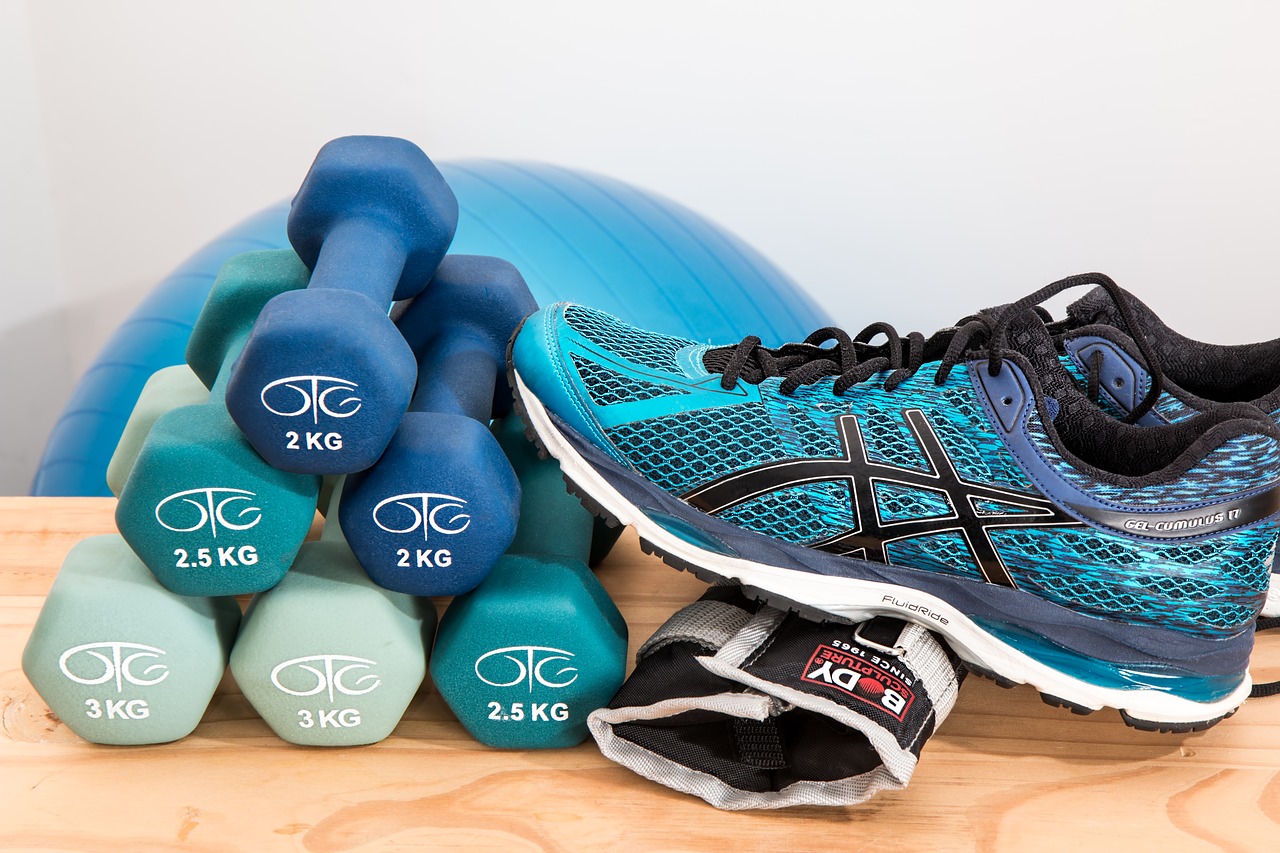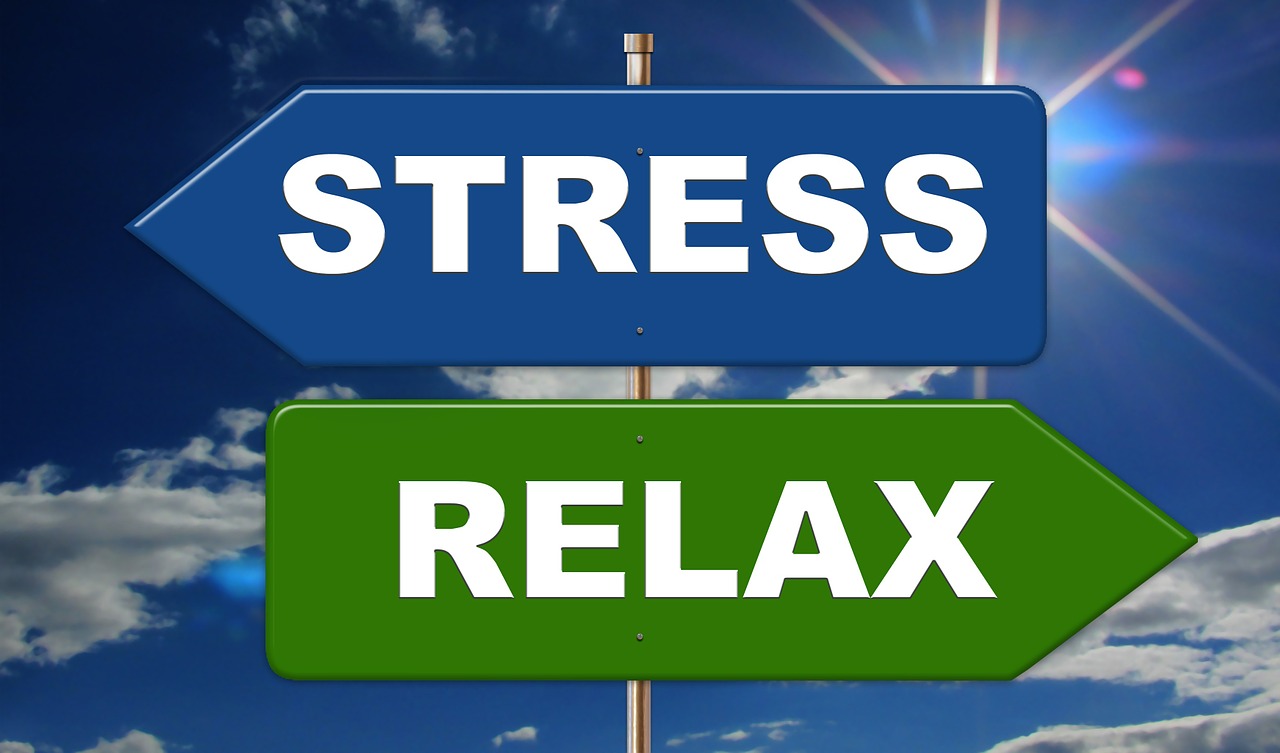Five Tools to Help Veterinary Caregivers Stay Resilient During the Coronavirus Pandemic

These are truly unprecedented times. Even the most seasoned of veterinary professionals have not experienced our “new normal”. From streamlining services to only what is considered urgent, emergent, or essential to physical distancing from clients by providing consultations by phone or video, veterinary practice life has shifted in ways we could not have imagined just a few months ago.
Amidst all of this, the undertone of struggling veterinary team members has not gone away. The most common occupational stressors in the form of financial insecurity, demanding clients, co-worker conflict, and an absence of work-life balance persist or have become intensified. Some team members have had their hours cut or have lost their job altogether. Others have clients who are incensed by some of the changes put in place by practices to protect their teams. Co-worker conflict has arisen around differences in opinion regarding new protocols or scheduling tactics. And those who remain employed find themselves reading through COVID-related emails and working outside of normal hours or balancing their new part-time job of teacher or daycare provider with their full-time job of veterinary professional. Indeed, everyone is struggling more now than ever before.
While I don’t have an easy fix or way to make our current situation go away, I do have some suggestions that will support veterinary team members during this extraordinary time. Please consider these five strategies for maintaining resilience during the coronavirus pandemic.

1) Practice Self-Care
Self-care practices are more important now than ever and they should not be confused with coping strategies, which are what many people reach for in a time of crisis. Remember that self-care practices promote health and wellbeing (e.g., getting 8-hours of sleep each day) and are typically aligned with one of the 8 dimensions of wellness. Conversely, coping strategies are a short-term means of dealing with stress (e.g., drinking wine while binge-watching Netflix®) that are ultimately draining or not health-promoting. I am not saying that coping strategies are bad, but I am saying that they should not be perpetually substituted for self-care. The goals for self-care don’t have to be lofty either. I suggest taking advantage of free web-based fitness classes to exercise for 20-30 minutes per day, downloading a free meditation app to listen to a recording for 10 minutes before bed, or scheduling a counselling session with an online therapist every 2 weeks. Any of these practices will help to keep you afloat during these difficult times.

2) Set Boundaries
Healthy boundaries are more important now than ever before, whether it be boundaries with your family in terms of providing structure and expectations for children being home-schooled, boundaries with a practice manager in terms of what you do or don’t feel comfortable doing at work, boundaries with your clients in terms of how you expect to be treated, and boundaries with yourself in terms of how much time you spend taking in social media or news on COVID-19 in general. I urge you to spend some time thinking about what you need to stay sane and where your limits are in terms of what you simply do not feel comfortable with. Then communicate those openly and honestly to others and follow-up with actions that support your asks.

3) Stay Mindful
During times like these, it’s easy to ruminate on what life was like before the pandemic or get swept away in thoughts of the future in terms of when this will end and what that will look like. This is a recipe for depression or anxiety and can lead to habitual patterned reactions. Instead, you can practice mindfulness, which is maintaining your attention on your immediate experience by noticing your senses (e.g., tension in the body) and observing your thoughts (e.g., catastrophizing) and feelings (e.g., fear) while maintaining a sense of curiosity and acceptance. In other words, you’re not getting swept away in your stories about what is happening to you, you’re simply noticing and being with what is. Meditation is a formal practice of mindfulness that allows you to strengthen the part of your brain that controls your focus and attention; however, other mindful practices include performing a body scan, practicing yoga, going for a walk while tuning into your surroundings, or engaging in breathing exercises.

4) Let Go of Perfectionism
I think we can all agree that life is far from perfect right now. But can we also agree that nothing in life is perfect? Perfectionism is an unrealistic standard that can only be met with great difficulty. And it usually negatively impacts our mental and physical wellbeing or relationships. I urge you to be aware of whether your standards are realistic given these trying times, or whether they are harmful perfectionistic expectations that cannot be met. I am not suggesting we have no standards, rather, that we are realistic in accepting that these are unique circumstances that require us to become more flexible and perhaps manage cases or implement protocols that are not to our usual high standards but will be sufficient for the time being.

5) Practice Self-Compassion
Self-compassion is critical during times of stress and suffering. It weakens the relationship between perfectionism and psychological distress and fosters resilience. Self-compassion includes three components: self-kindness or treating yourself as you would a close friend who was going through a difficult time; mindfulness in terms of being open to your suffering without getting swept away by any negative reactions; and recognizing your common humanity in that there is not a person on this planet right now who is not deeply impacted in some way by the pandemic. If you can practice self-compassion as you move through the coming weeks your mental health and wellbeing will benefit.
Remember: it’s not always going to be this way.
While we don’t know what life will look like once the pandemic lifts or when that might be, we can all take steps to look after ourselves in the meantime. In doing so, we will remain willing and able to serve the needs of our clients, co-workers, patients, families, and friends in the ways that we want to.
For more detailed information on these strategies, please feel welcome to watch my 1-hour webinar: “Coping with the Chaos of COVID-19”. Stay healthy and well!